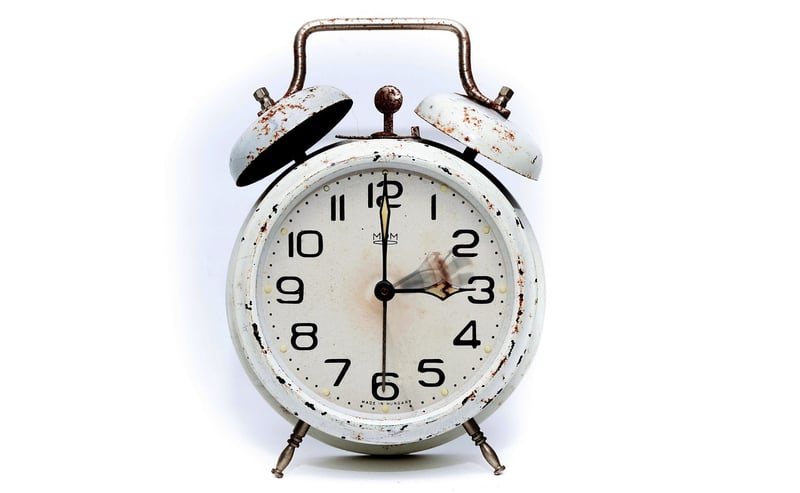Consequences of Time
The Ethics of Time Travel and the Consequences of Altering Time
Time travel has long been a fascinating concept in science fiction, allowing characters to journey backward or forward in time, altering the course of history and facing ethical dilemmas along the way. While time travel remains a theoretical possibility, exploring its ethical implications can provide valuable insights into the consequences of meddling with time.
The Ethics of Time Travel
One of the central ethical questions surrounding time travel is the concept of altering the past. If individuals were able to change events that have already occurred, what impact would it have on the present and future? Would altering the past create alternate timelines or paradoxes that could potentially unravel the fabric of reality?
Furthermore, the idea of playing "god" by manipulating time raises questions about free will, responsibility, and the potential for unintended consequences. Would individuals have the right to change history for personal gain, even if it meant sacrificing the well-being of others? These ethical dilemmas highlight the complexity of time travel and the need for careful consideration of its implications.
Consequences of Altering Time
When considering the consequences of altering time, various scenarios come to mind. For instance, preventing a significant historical event from occurring could have far-reaching effects on the timeline, potentially leading to a chain reaction of unintended consequences.
Moreover, the butterfly effect, a concept commonly associated with time travel, suggests that even small changes in the past could have significant repercussions in the future. This idea underscores the interconnected nature of time and the delicate balance that exists within the timeline.
Additionally, the ethical implications of altering time extend beyond individual actions to broader societal impacts. How would changing the past affect cultural norms, technological advancements, and the course of human evolution? These questions prompt us to reflect on the fragility of time and the profound influence it has on shaping our reality.
Conclusion
While time travel remains a theoretical concept, exploring the ethics of altering time offers valuable insights into the complexities of causality, free will, and the interconnected nature of reality. By delving into these ethical dilemmas and considering the consequences of meddling with time, we gain a deeper understanding of the profound implications that time travel could have on our world.

Time travel will continue to capture our imagination and challenge our perceptions of reality, reminding us of the delicate balance between past, present, and future.
